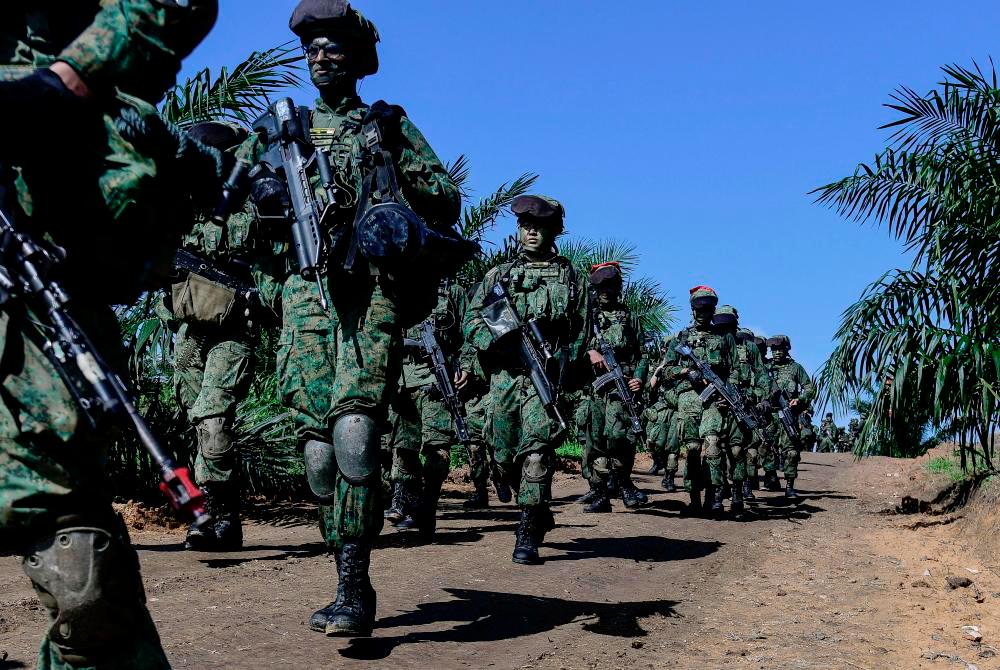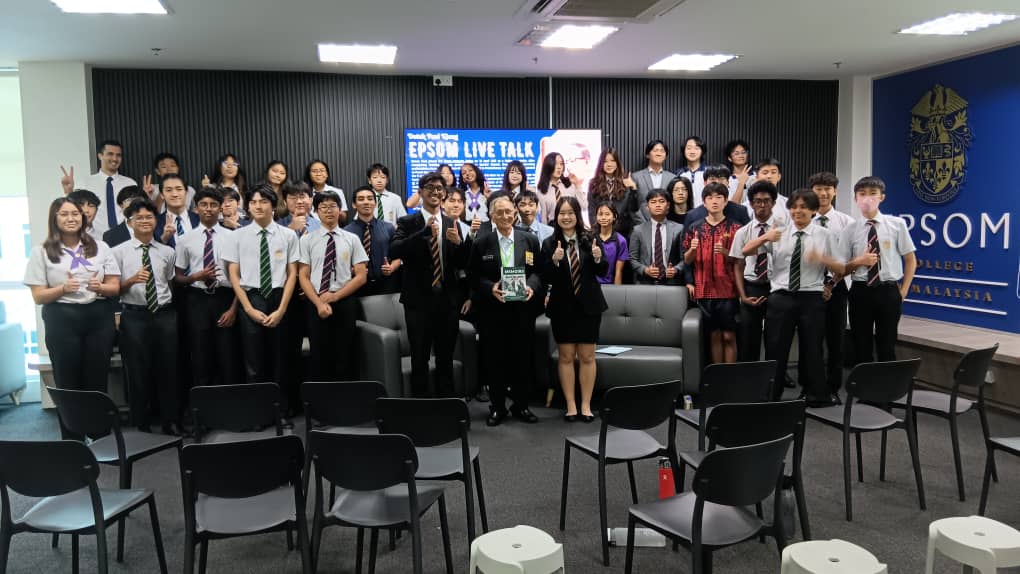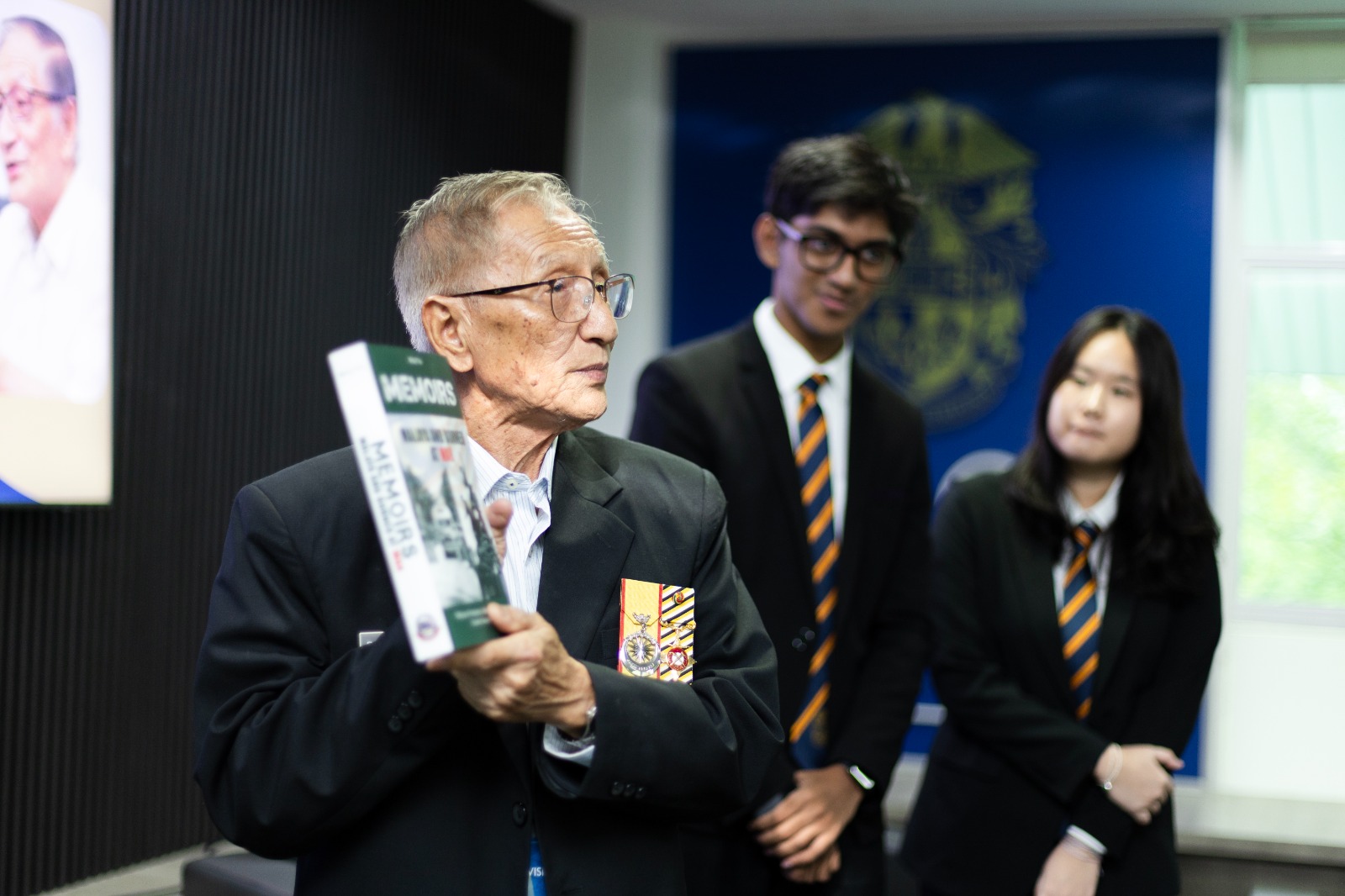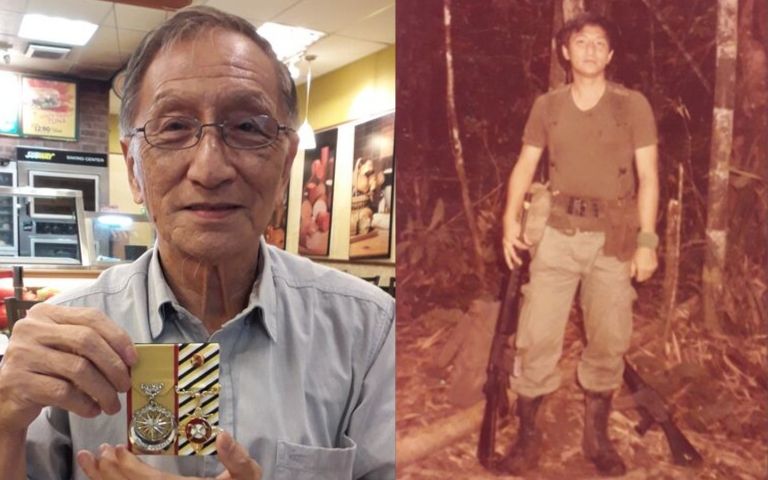National Heroes to Remember and Reward
By Ian McIntyre
August 2024 FEATURE
THE LAST TIME Malaysians experienced a full-scale conflict in their homeland was probably more than 35 years ago, before the communist insurgency ended; notwithstanding the fact that there have since been two isolated security incidents—the Sauk siege in Perak in 2000 and the Sulu militant invasion of Lahad Datu in Sabah in 2013.
Both the latter incidents resulted in a limited loss of lives among the security personnel, namely in the Special Branch (SB) police division. Still, the security breach was mostly contained, with the aggressors subdued convincingly.
This peace was not incidental. It came with sacrifices by the military, civil defence, civil servants and police officers, especially those who fought in the second communist insurgency from the 1960s to the 1980s, ending only when the communists signed a peace pact in Hat Yai, Thailand in 1989.
The first insurgency from 1946 to 1960 was mostly fought with the help of the colonial allied forces, namely the British, Indians, Australians and New Zealanders. But from the year 1960, it was mostly left to the newly independent Malaya/Malaysia’s security forces to take on the communist guerrillas.
This they did successfully. Malaysia is regarded as the only country to win against communist guerillas, said Danyal Balagopal Abdullah, a retired Royal Malaysian Navy first admiral, who served briefly as Port Dickson’s Member of Parliament in 2018.
“Communism was on the rise through the Soviet Union and China in the 1960s until 1980s. In Vietnam, the Americans lost the war and the defeat actually emboldened the communists in Malaysia,” Balagopal explained.
Malaysia had a peculiar way of fighting its battle against local communism. This was done through the Special Branch (SB), who were highly trained operatives, infiltrating the guerrilla platoons. They managed to convince their opponents to surrender while the security forces, backed by air power, encircled the remaining pockets of resistance in the jungles.

Enter the Hero
One of those skilled in the art of deceit and psychology was retired SB officer, Paul Kiong. Originating from Perak and briefly schooled in Penang at the St. Xavier’s Institution, Kiong is one of less than 10 remaining recipients of the country’s highest gallantry award—the Darjah Kebesaran Seri Pahlawan Gagah Perkasa (SP)—awarded by the Yang di-Pertuan Agong several years ago. The SP takes precedence over all other awards and medals in the country, even those that carry the title of Tun and Tan Sri, which were mostly awarded to community leaders.
Kiong is now on a one-man mission to remind Malaysians that the peace and tranquillity they enjoy today is the result of the blood, sweat and tears of three generations. He is on a crusade to share the tale of grit and determination with Generation X, Y, Z and beyond. Despite his age (he is currently 80), he soldiers on just like when he was a fit, young policeman, inspired by the call of duty. Kiong has given private lectures at public and international schools to retell his exploits to wide-eyed students.
Communism in today’s world has morphed. For example, in Vietnam, the communist party has undertaken reforms to grow the economy and loosen restrictions to allow a level of freedom of expression— the mainstay of democratic principles. But during its height between the 1960s to the 1980s, it was rigid and violent, threatening to harm anyone who opposed it. It was this brand of ideology that Kiong fought against.

For six years of his life, Kiong, who retired as a Superintendent, literally slept with one eye open while carrying out what his superiors described as “suicidal” missions. He was deep undercover, posing as a communist sympathiser who rose through the ranks in a platoon. He was entrusted to provide food and supplies to communist units fighting government forces.
It was the second wave of the insurgency in the 1970s (the first led by the late Malayan Communist Party founder, Chin Peng had dissipated, with him fleeing to China in the 1960s) that Kiong was involved in. This battle, mostly fought by Malaysian forces, showcased the counter-insurgency exploits of the famed SB operatives, often said to be the best in the world then.
He stayed undercover for six years, impersonating a communist warrior and watching his enemies up close.
Kiong’s negotiation and pacifying skills were said to be legendary, to the point where he could convince communist members to surrender to the police, while hiding his identity as an officer trained in subversive tactics in the jungles of Perak. He also singularly disrupted the communist food and provisions supply lines. He came close to being rooted out at least five times.
Through sheer determination and the art of persuasion, Kiong was instrumental in the surrender of up to 43 communists.

Valuing War Heroes
Kiong was recently saddened when his friend, another SP recipient, a corporal named Etim Anak Bijam from Miri in Sarawak, passed on of lung cancer. Etim, aged 86, was given a state funeral in Sarawak, but Kiong attested that more could have been done in terms of increasing his pension allowance, which was only RM2,000.
“The sum was halved by inflation,” he said.
Etim was part of a group of field force policemen escorting a convoy of lorries in Sibu, which was ferrying construction material, including explosives, to clear the jungle for development. At Jalan Oya in 1975, the convoy was ambushed by dozens of communist insurgents who were eyeing the explosives.
Despite being wounded and outnumbered, Etim fought back, holding his ground until backup detachments arrived, delivering a big blow against his adversaries.
One can see that it was the sheer grit and intelligence of the SB that held Balagopal’s assertion that Malaysia was the only country in the world to defeat a communist insurgency—to which Kiong agreed. Other countries either just contained them or gave up and fled, such as in Vietnam.
However, more can be done now in terms of the archival of the nation’s security forces’ success against the insurgents and in terms of more retirement benefits for those who fought with valour, Kiong suggested. “There should be special lanes created for veterans at hospitals, discounts for medical treatments and perhaps jobs in the private sector.”
Kiong also wants more retelling of history about Malaysia as a nation that remembers its past so it will not be repeated.
Ian McIntyre

is a veteran journalist with over 25 years of experience reporting from mainstream and alternative media. He subscribes to a belief that
what is good for society is likewise beneficial for
the media.



